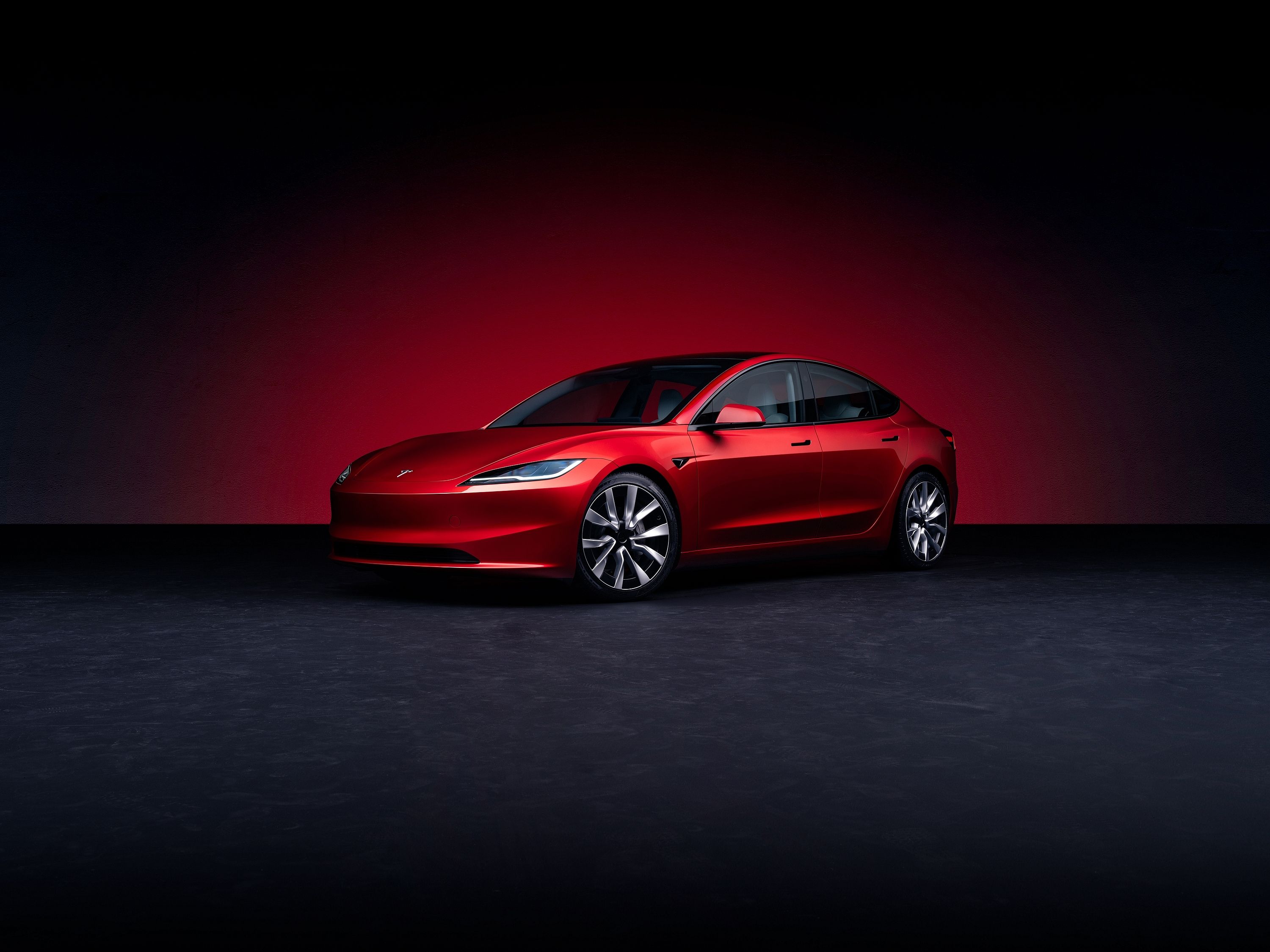
In 2019, a fair competition German watchdog called Wettbewerbszentrale (Competition Center) filed a lawsuit against Tesla for false advertising of its Autopilot and Full Self-Driving names, saying that both were misleading as Tesla's vehicles were not fully autonomous. Now, a German court has ruled in favor of Tesla on appeal. Previously, a Munich court ruled against the EV automaker back in 2020, saying that the marketing surrounding both FSD and Autopilot was misleading. The brand currently offers both systems in its entire lineup, ranging from the Model 3 to the Model S.
Tesla has faced similar regulatory backlash in the US, with the California DMV reevaluating FSD to determine if it falls under the DMV's autonomous vehicle regulations.
Via Tesla Mag, a higher regional court handed down the new verdict in October last year. However, this is the first time the filings for the judgment have been obtained by the media. The Competition Center and several other unnamed companies still maintain that Tesla was not properly marketing both technologies. Additionally, the group demanded Tesla alter the language on its German website, which said its cars were capable of "automatic driving in town." We should note this is a very literal translation from German and would read more like "self-driving in the city" in English.
The ruling means that Tesla can still use the Autopilot name in Germany. Reportedly, the court ruled as such because anyone who visits Tesla's website is able to learn for themselves that the name "Autopilot" is just a name, and not a descriptor of the actual product Tesla makes. Essentially, the technology name needs to be further clarified that it is not fully autonomous. As a result, some changes have been made, and this isn't an outright win for Tesla's lawyers.
Tesla Mag's exclusive states that Tesla was forced to change other wording on its German sites as well, namely relating to the list of features offered by Autopilot. The ruling also imposed some new requirements on how timelines are announced in Germany for Musk's company. Tesla now has to remove language like "next up" or "by the end of the year," instead of being forced to put hard deadlines on product launches or updates. For example, Tesla's website in Germany could not just say that "The Cybertruck is coming next year." Instead, it must say "The Cybertruck will launch on January 1, 2023." It is unknown if Tesla will also appeal these particular changes to a higher court.
